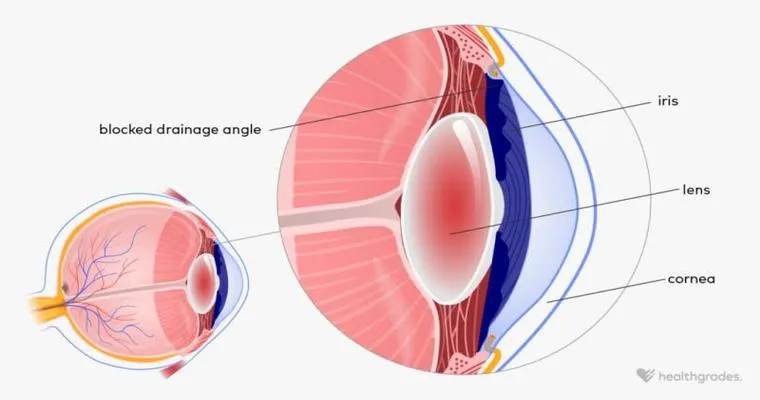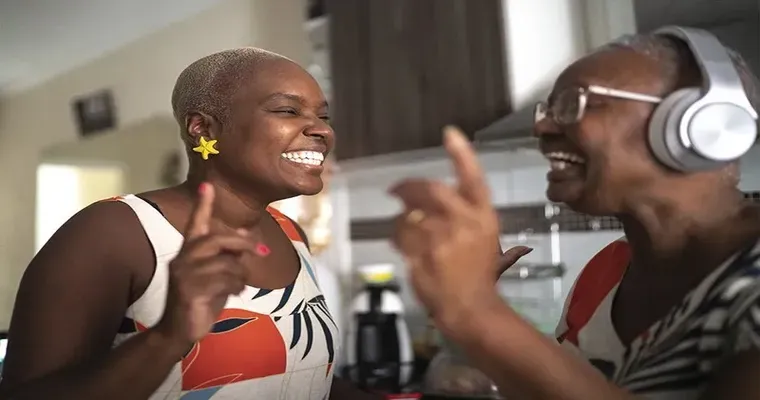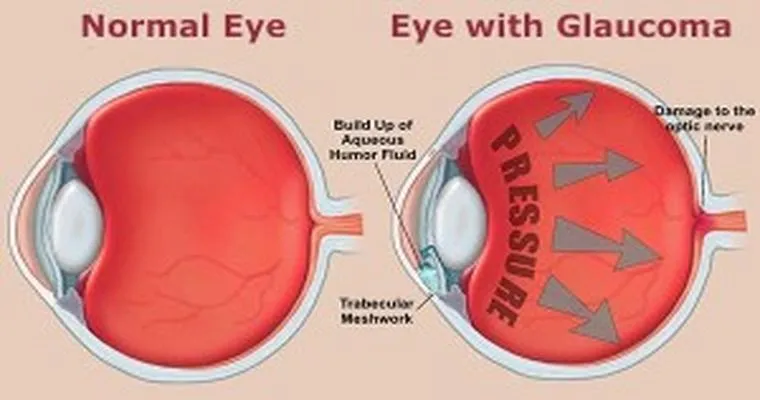Glaucoma is a "serious eye condition" that can lead to "vision loss", especially in older adults. When dealing with a patient who is 91 years old and refusing prescribed "eye drops", it can be quite concerning. The doctor has suggested "surgery" as an alternative treatment, but the patient's reluctance to cooperate raises significant questions about the best course of action. Here are some steps you can take to address this complex situation.
Understanding Glaucoma
Before diving into potential solutions, it’s essential to understand what glaucoma is and how it affects the eyes. Glaucoma is characterized by increased pressure within the eye, which can damage the optic nerve and lead to irreversible vision loss. There are various types of glaucoma, with "open-angle glaucoma" being the most common. Early detection and treatment are crucial to preserving vision, making the patient’s refusal of eye drops particularly concerning.
Assess the Patient’s Concerns
Start by having an open conversation with the patient. It’s vital to understand her reasons for refusing eye drops. Some common concerns may include:
"Fear of side effects": She might be worried about potential side effects from the medication.
"Difficulty with administration": At 91, she may have physical challenges that make it hard to use eye drops.
"Skepticism about the treatment": Perhaps she is not fully convinced of the effectiveness of eye drops in managing her condition.
Addressing these concerns can often lead to a better understanding of her situation and might open the door to compromise.
Involve Family Members
Family members can play a crucial role in influencing the decision-making process. Encourage the patient to involve her family in discussions about her treatment options. They can help reassure her about the importance of managing her glaucoma and may be able to support her in using eye drops. Additionally, family members can provide emotional support, which might make her more willing to consider surgical intervention if necessary.
Explore Alternative Treatments
If the patient remains resistant to eye drops, discuss alternative treatment options with her doctor. This may include:
"Laser therapy": This procedure can help lower eye pressure and may be less invasive and more acceptable to the patient.
"Oral medications": While not as effective as eye drops, oral medications can sometimes help manage eye pressure.
"Lifestyle changes": Encourage her to adopt healthier habits, such as a balanced diet, regular exercise, and routine eye check-ups, which can all contribute to better eye health.
Educate on the Risks of Untreated Glaucoma
It’s important to communicate the potential consequences of untreated glaucoma. Explain that without proper management, the condition can lead to severe "vision impairment" or even blindness. Sometimes, understanding the stakes can motivate a patient to reconsider their refusal of treatment.
Consult with the Ophthalmologist
If the patient remains uncooperative, it may be worth seeking a second opinion from another ophthalmologist. A fresh perspective might resonate with her and provide additional insights into her condition and treatment options.
Consider Palliative Care
At 91, quality of life is paramount. If the patient is adamant about refusing treatment, consider discussing palliative care options. This approach focuses on comfort and quality of life rather than aggressive treatments, which might be more acceptable to her.
Conclusion
Dealing with a patient who has glaucoma at an advanced age and refuses treatment can be challenging. By understanding her concerns, involving family, exploring alternative treatments, and emphasizing the importance of managing the condition, you may find a path forward. Ultimately, respect her wishes while ensuring she is fully informed about the risks of leaving glaucoma untreated. Collaboration with healthcare professionals will also be key to developing a comprehensive plan that prioritizes her well-being.





